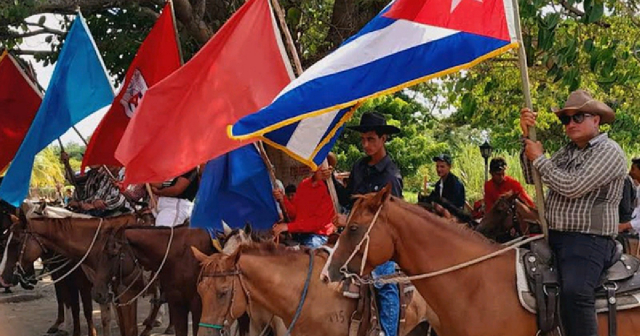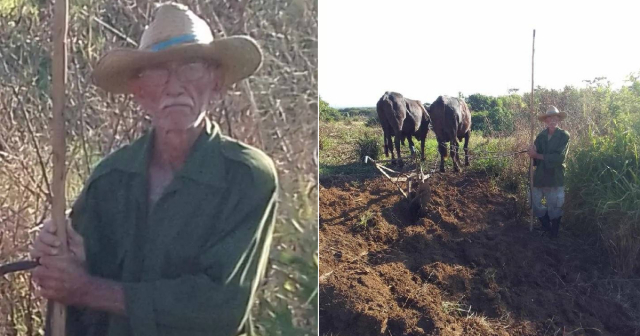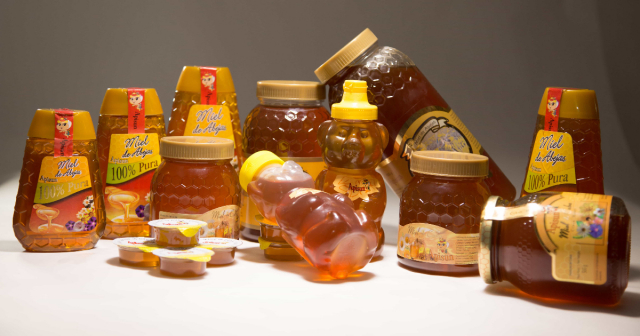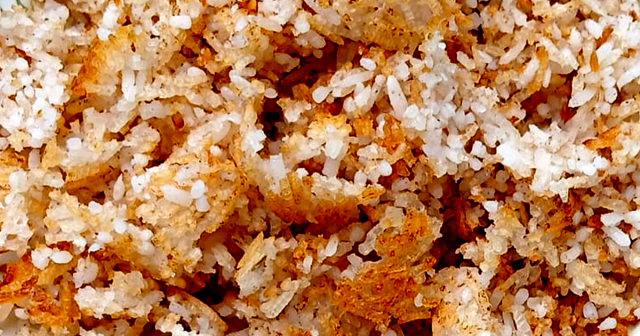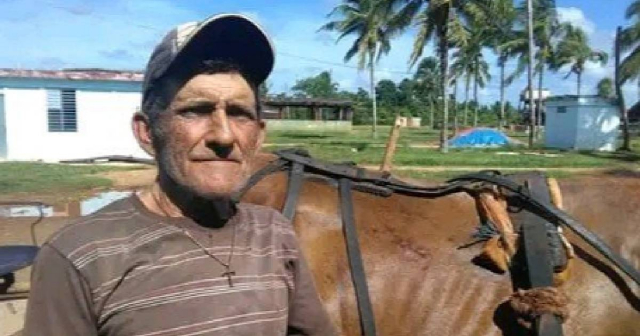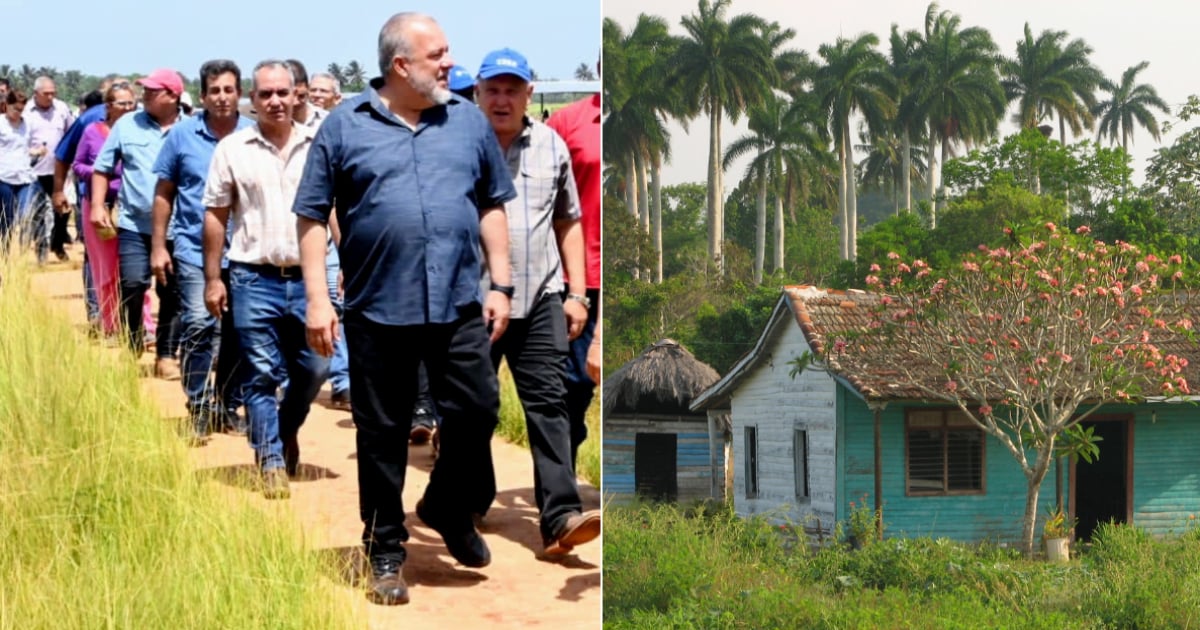
The Cuban government has established new restrictions on housing construction on land granted in usufruct, in an effort to address what it describes as "irregularities in constructions on agricultural land."
According to Decree 105 of the Council of Ministers, published in Official Gazette number 92 on September 23, the modifications mainly affect farmers who received land plots in usufruct and who had built houses or made construction improvements.
The new decree modifies Decree 350, which regulates Decree-Law 358 regarding the granting of idle state lands in usufruct.
From now on, the construction of housing will not be allowed on various categories of land, including those located within urban perimeters, land designated for land use and urban planning, land intended for family self-sufficiency, and those where there are environmental, defense, or national security considerations.
The restrictions also affect construction on land designated for agricultural or forestry development and other future project executions. According to the authorities of the Cuban regime, the measures are being implemented with the aim of reorganizing the land for the benefit of planned development and protecting areas designated for agricultural production.
Legalization of Existing Constructions
However, the regulation provides for the possibility of legalizing constructions made between 2008 and 2023, as long as they meet the requirements established in current legislation and are used for agricultural and forestry production. However, those constructions located in areas restricted for environmental, defense, and security reasons are excluded.
According to the Ministry of Agriculture (MINAG), these modifications are necessary because the control exercised over the land in usufruct revealed numerous constructions carried out without meeting legal formalities.
The new regulation would seek to restore legality in these areas and prevent the consolidation of buildings that do not comply with land use requirements.
Impact on Farmers and Production
The measure comes after the granting of idle state land in usufruct, which began in 2008 with the aim of increasing agricultural production in Cuba, amid a growing inefficiency of state exploitation.
Many farmers who obtained plots have built homes and other necessary structures to protect their crops and animals, or to reside close to their lands due to the scarcity of transportation and the need for supervision.
The affected farmers must submit their constructions to a review process and possible legalization by the municipal offices of Territorial Planning and Urbanism. If they do not meet the requirements, the buildings will be included in the "Comprehensive Program to Address Illegal Construction," and they could eventually be demolished.
Implementation Period
The process of reordering and legalization will take place over a period of five years starting from the entry into force of the decree on September 23, 2024. During this period, local authorities will have to carry out a survey of all existing constructions on usufruct lands and assess their compliance with current regulations.
This measure by the Cuban government seeks to reorganize the use of state lands and ensure that constructions are carried out within the established legal framework. However, it poses a significant challenge for farmers, who will have to adapt to the new regulations while trying to maintain and protect their agricultural productions in an increasingly restrictive environment.
What do you think?
COMMENTFiled under:

